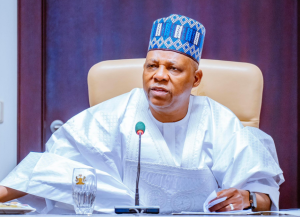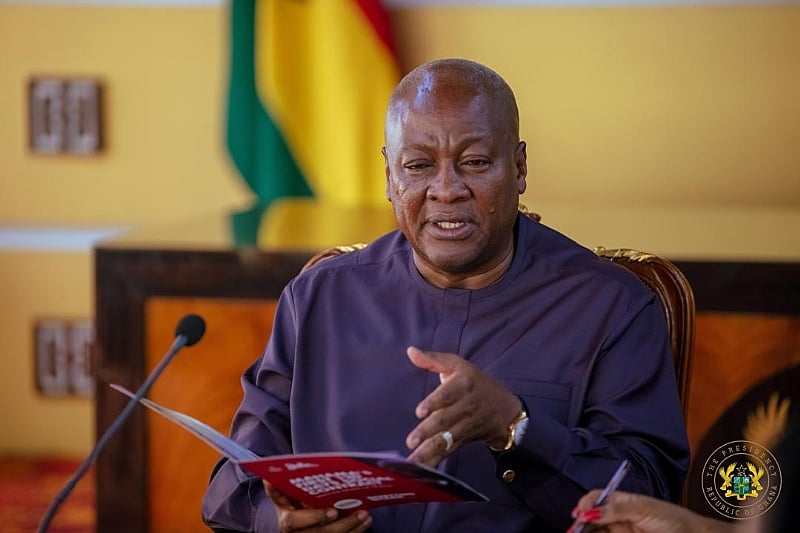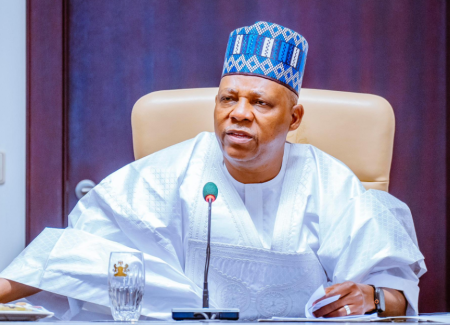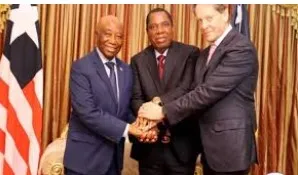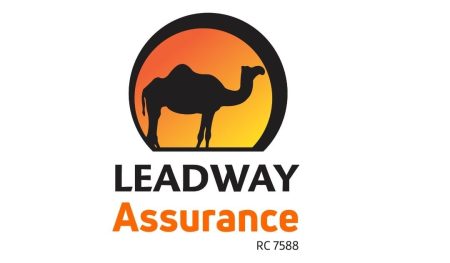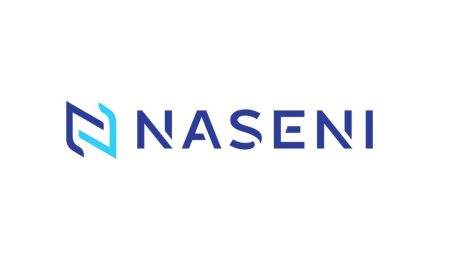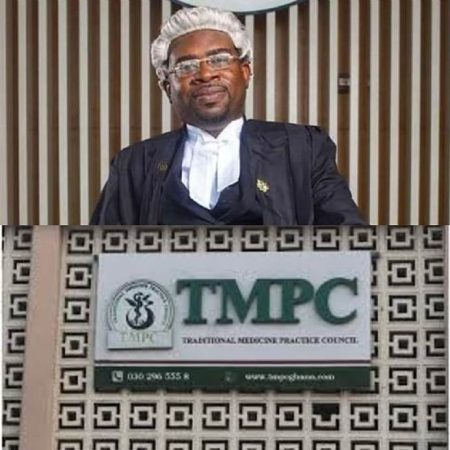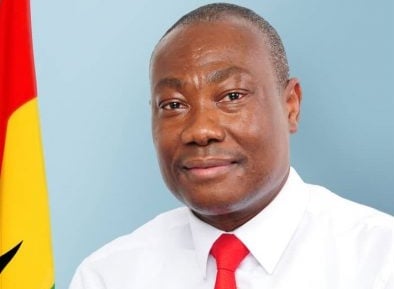President John Dramani Mahama of Ghana, during an interview at the Munich Security Conference, addressed the nation’s economic recovery strategy and its ongoing engagement with the International Monetary Fund (IMF). He affirmed his government’s commitment to the existing $3 billion Extended Credit Facility (ECF) program, a three-year arrangement designed to bolster Ghana’s economic stability and growth. While acknowledging the possibility of future extensions, Mahama emphasized the current focus on adhering to the program’s existing framework and achieving its objectives. The interview provided insights into Ghana’s economic policy proposals presented to the IMF, highlighting tax rationalization, debt management, and fiscal prudence as key pillars of the recovery effort.
A core element of Ghana’s economic strategy involves tax rationalization. President Mahama critiqued the previous administration’s approach of implementing numerous taxes, arguing it resulted in diminishing returns and lower revenue collection. He underscored the need for a comprehensive review of the tax system, aiming for greater transparency, simplicity, and improved compliance. This strategy, he argued, would lead to more sustainable revenue growth. The IMF has pledged technical support to assist Ghana in streamlining its tax system, aiming for greater efficiency and ease of compliance for both businesses and individuals. This collaborative approach with the IMF underscores the importance of external expertise in optimizing the country’s fiscal policies.
Addressing Ghana’s substantial debt burden, President Mahama acknowledged the significant repayments scheduled for the coming years, particularly the domestic debt obligations exceeding $15 billion due in 2025. He outlined proactive measures taken by his administration to mitigate these challenges, including the reactivation of the country’s sinking fund to facilitate debt repayments. This strategic move indicates a commitment to managing debt obligations proactively and mitigating potential financial risks. Furthermore, Mahama emphasized the government’s dedication to fiscal discipline and expenditure rationalization, aiming to curtail wasteful spending and prioritize essential programs. This commitment to fiscal responsibility reflects the government’s intent to ensure long-term economic stability.
The upcoming budget presentation in March, according to President Mahama, will integrate the findings of the IMF’s latest staff review. This alignment with the IMF’s recommendations demonstrates the government’s willingness to incorporate external expertise and feedback into its economic planning. The fourth IMF review, scheduled for April, further emphasizes the collaborative relationship between Ghana and the IMF, with the government consistently aligning its fiscal policies with the IMF’s ongoing assessments. This close collaboration ensures that Ghana’s economic policies remain consistent with the ECF program’s objectives and contributes to the country’s overall economic stability.
President Mahama expressed confidence in Ghana’s positive relationship with the IMF, characterizing it as “cordial.” He reiterated his administration’s commitment to maintaining this strong partnership, ensuring the successful implementation of the ECF program. This collaborative approach with international financial institutions demonstrates Ghana’s commitment to sound economic management and its willingness to leverage external expertise to achieve economic stability. The president’s statements reflect a positive outlook on the country’s economic prospects, based on the ongoing collaboration with the IMF and the implementation of strategic economic policies.
In conclusion, President Mahama’s interview highlighted Ghana’s multi-faceted approach to economic recovery, centering on a strong partnership with the IMF, tax rationalization, debt management, and fiscal prudence. The government’s commitment to the existing ECF program, coupled with proactive measures to address debt obligations and streamline the tax system, signals a determined effort to achieve sustainable economic growth. Furthermore, the emphasis on fiscal discipline and the incorporation of IMF recommendations into the upcoming budget underscore a commitment to responsible financial management. While acknowledging the existing challenges, President Mahama expressed optimism about Ghana’s economic future, highlighting the positive relationship with the IMF as a key factor in the country’s journey towards economic stability and prosperity.



